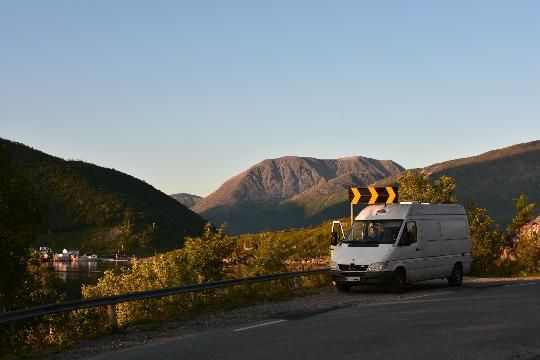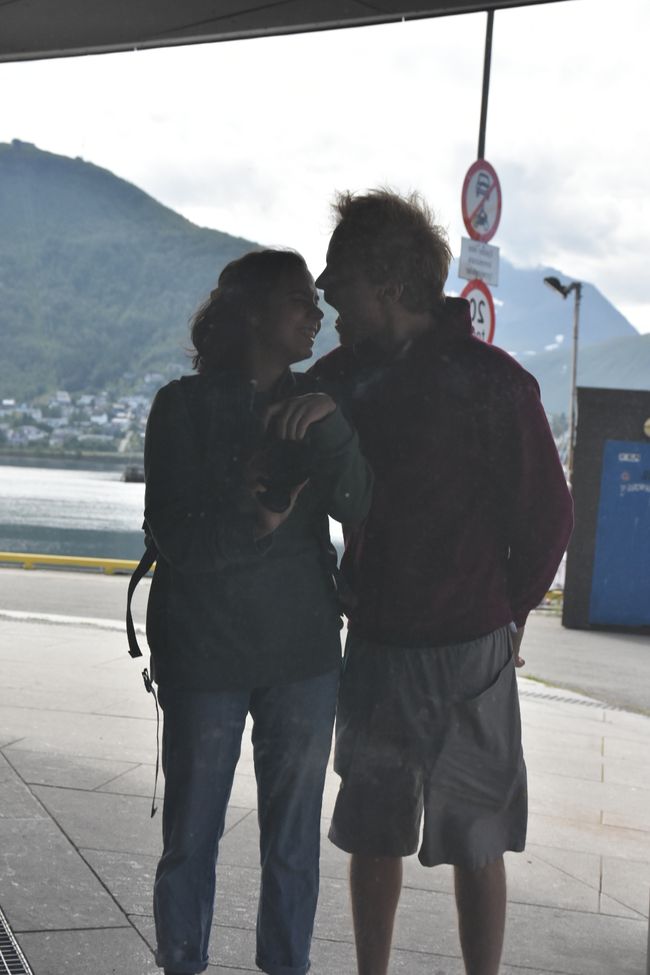Tag 120-122 - The Trojan Van
Rakabudiswa: 22.01.2019
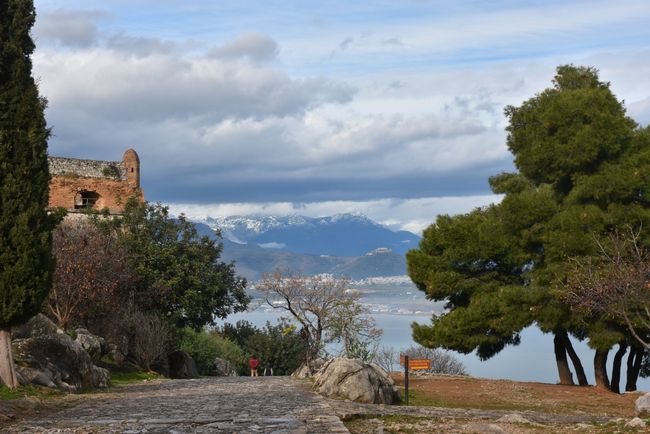
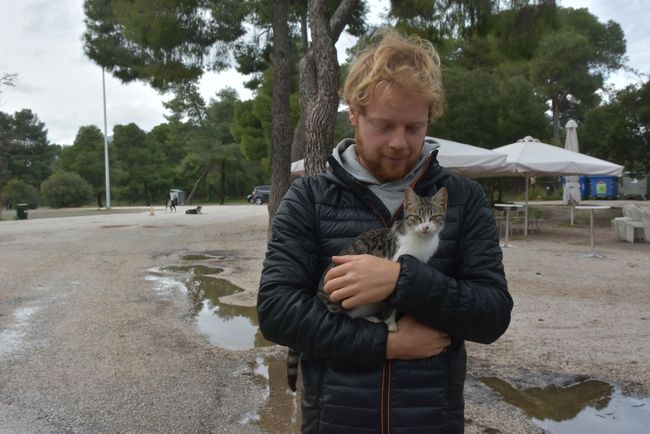
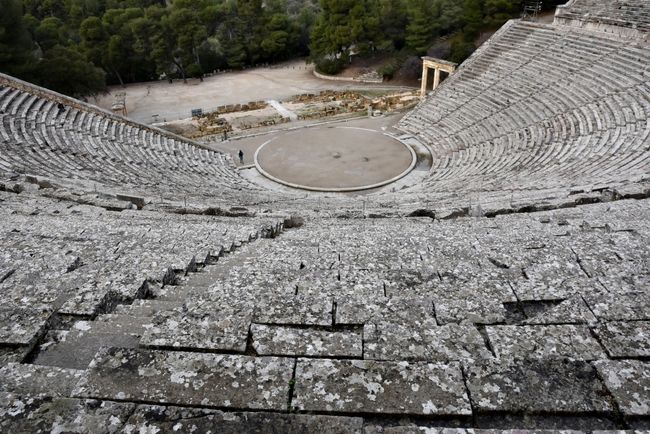
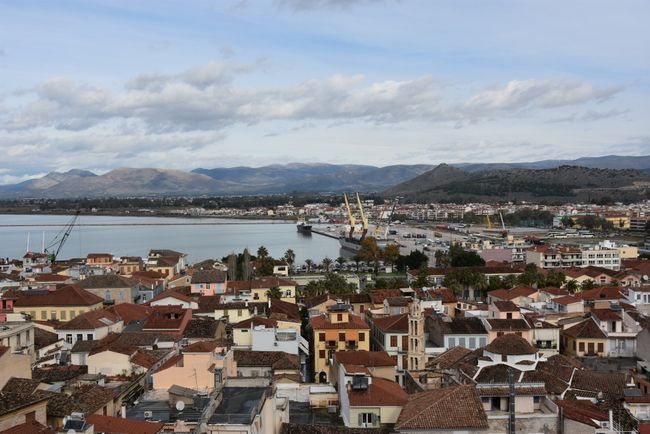
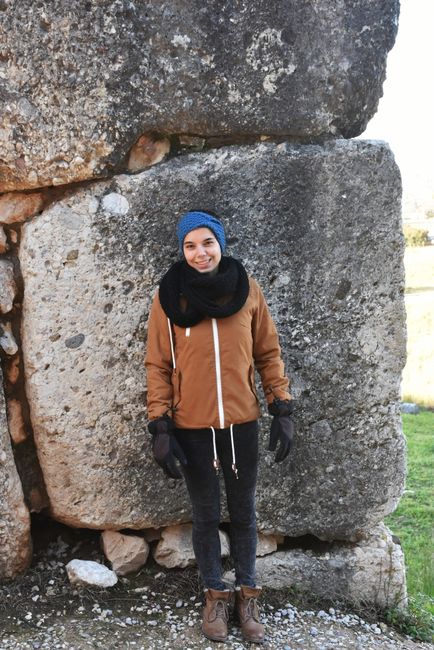
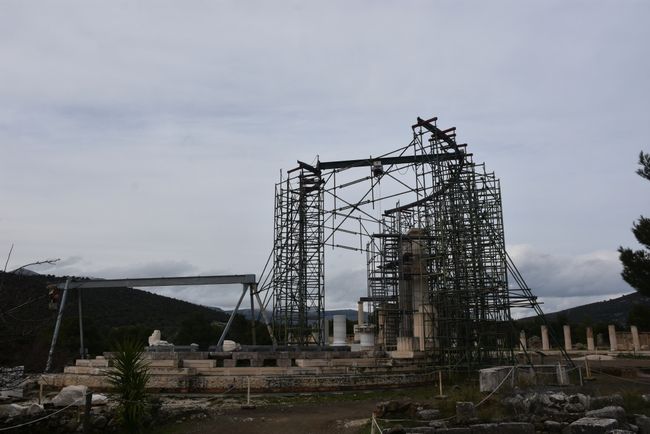
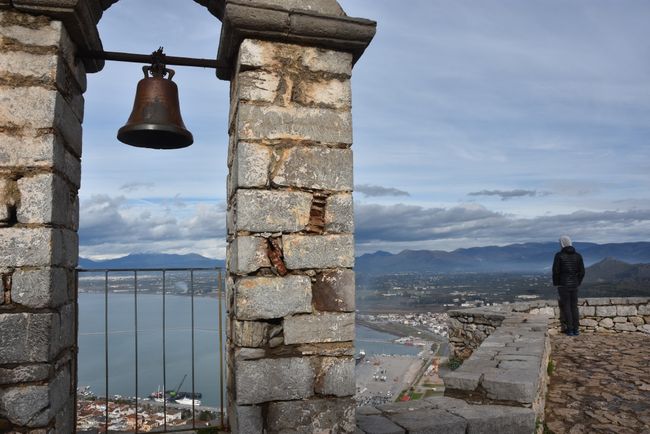
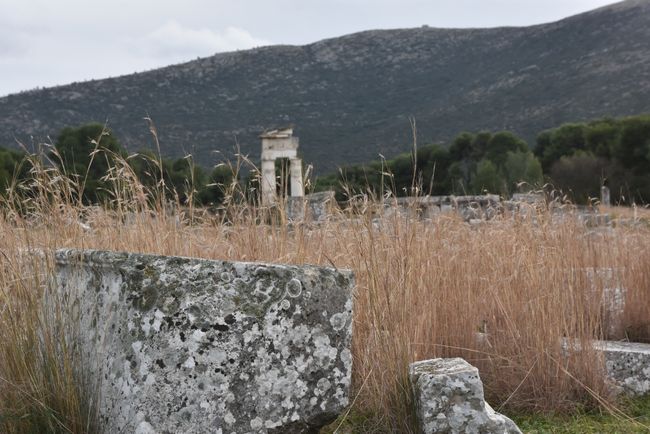
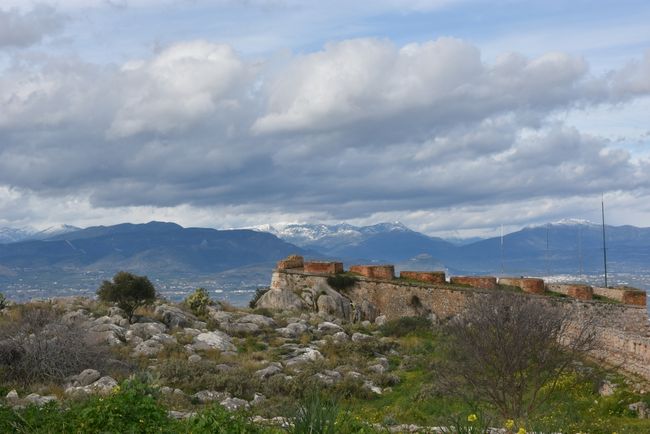
Nyorera kune Newsletter
Our plan to escape the bad weather worked surprisingly well - especially because the weather in Greece had become much better again. After all, we had sun on three out of four days, and the temperatures were actually quite pleasant in thick jackets, gloves, and hats. Better than rain, anyway!
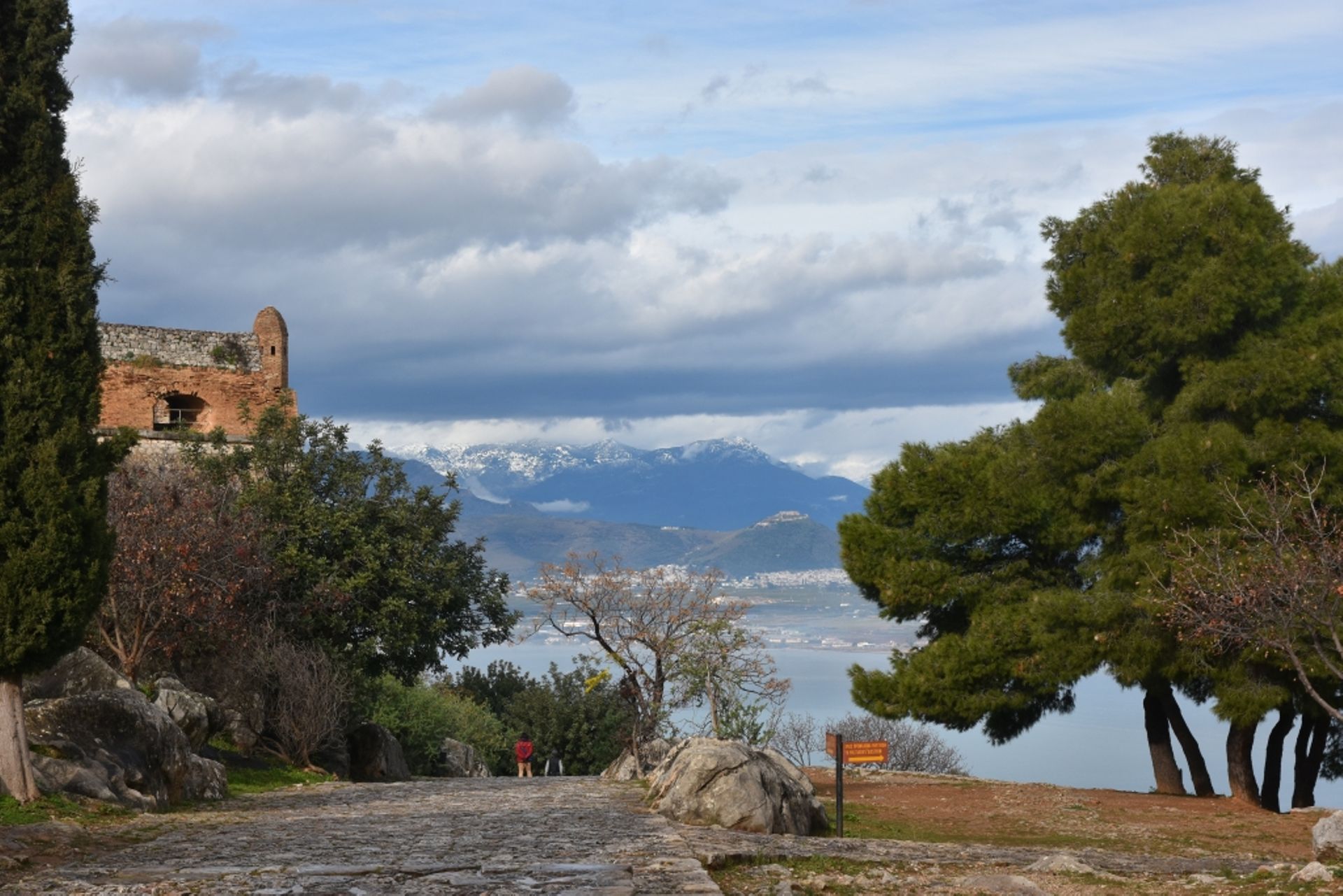
So we had the perfect conditions to accompany our journey to Athens with some culture. As experience has shown, visiting historically significant sites in Greece mainly involves viewing ruins. This was also mostly the case in Nafplio, Epidaurus, Mycenae, and Corinth. Accordingly, we were delighted to encounter some ancient sites this time that were intact enough to owe their grandeur not only to our imagination.

For example, there is the well-known theater in Epidaurus, which was buried under rubble and trees for centuries and thus remained almost completely preserved. This is even more remarkable when you consider that it was built in the fourth century BC. But what is even more impressive is the construction, which ensures that every spoken word reaches the top of the 14,000 seats (tested by us for you).
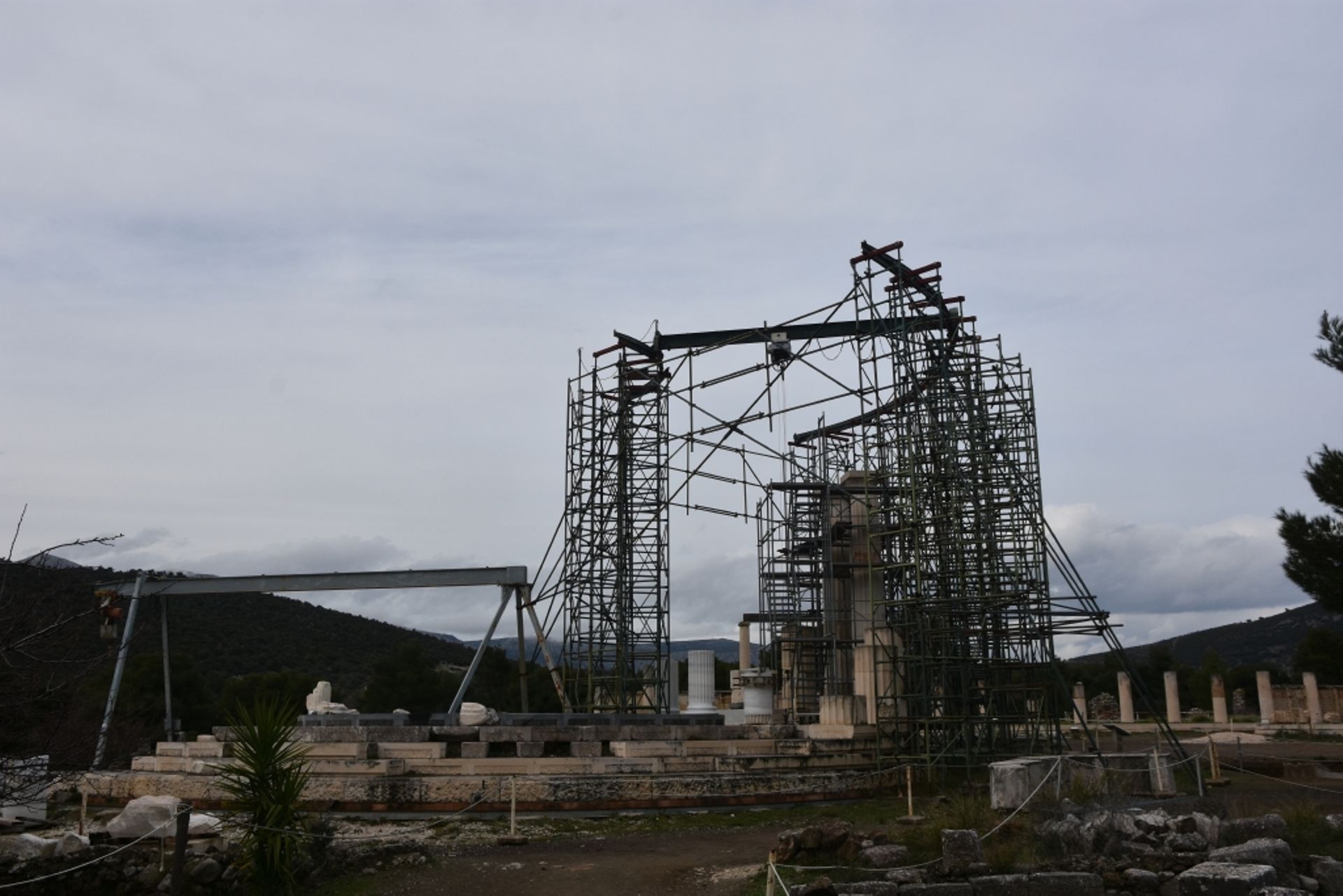
Today, the theater of Epidaurus is one of the most significant surviving structures of ancient Greece. In the past, it was only a small part of the sanctuary for the healing god Asclepius and his father Apollo. In fact, it was not only a temple for a deity, but also the last hope for many sick people with their healing treatments and priests. A visit to the Asclepius sanctuary began with a ritual purification and a sacrifice to Apollo, before hoping during temple sleep that Asclepius himself would appear in a dream and suggest the appropriate healing method. Hypnosis was later used for this purpose as well. The actual healing process was then led by the priests and consisted of baths, relaxation cures, but also surgeries and medications. However, an important part of the therapy was also cultural offerings, such as the theater or the library. So a very progressive approach based on the motto: a healthy mind dwells in a healthy body, and vice versa.

Not quite as intact, but still very interesting, were the ruins of Mycenae, as the Mycenaean culture is considered the first high culture of mainland Europe. Accordingly, its role in Greek history and mythology is significant. In the Trojan War, for example, the king of Mycenae, Agamemnon, was the leader of the Greeks against Troy. Those who enjoy reading Homer or paid attention in school will remember that (at least in mythology) the abduction of the beautiful Helen by Paris (the guy, not the city) to Troy is considered the cause of the war. Her husband Menelaus, who was left behind, happened to be Agamemnon's brother, and thus a ten-year siege began. After a successful ruse, Agamemnon returned only to be killed by his wife Clytemnestra and her lover - incidentally, the beginning of a new dramatic story and the plot of an entire opera. It is certainly worth seeing just for the melodious names.
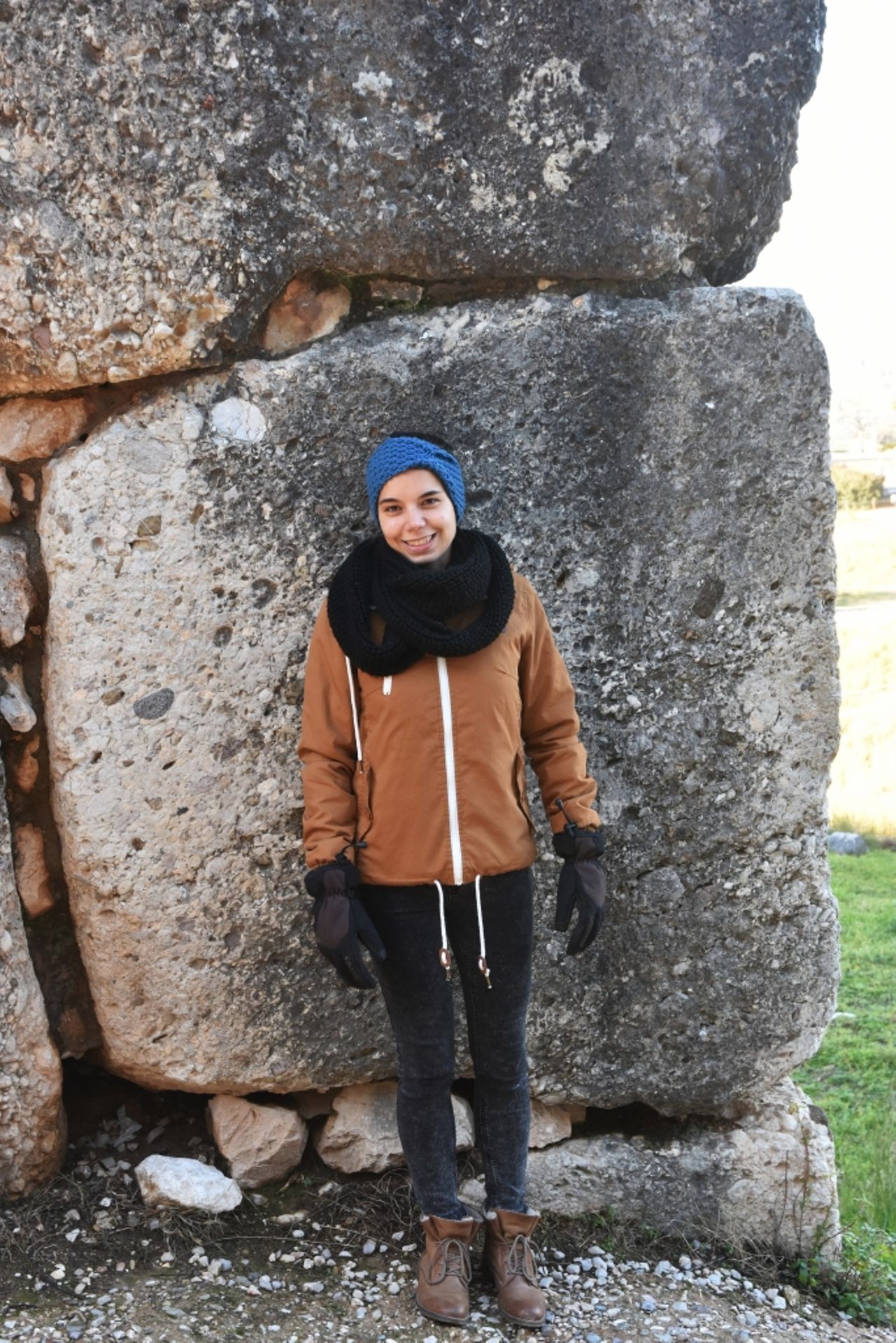
We hope that these explanations have fulfilled our educational mission and that we haven't scared you away with so much dry history, because there is hardly anything else to report.
We really enjoy traveling again and making full use of Gretchen's mobility. We also found one of our most absurd parking spots, a campground closed for the winter in the middle of the city, whose gate was open due to construction work. It took us a while to figure out why no one was ever at the reception.
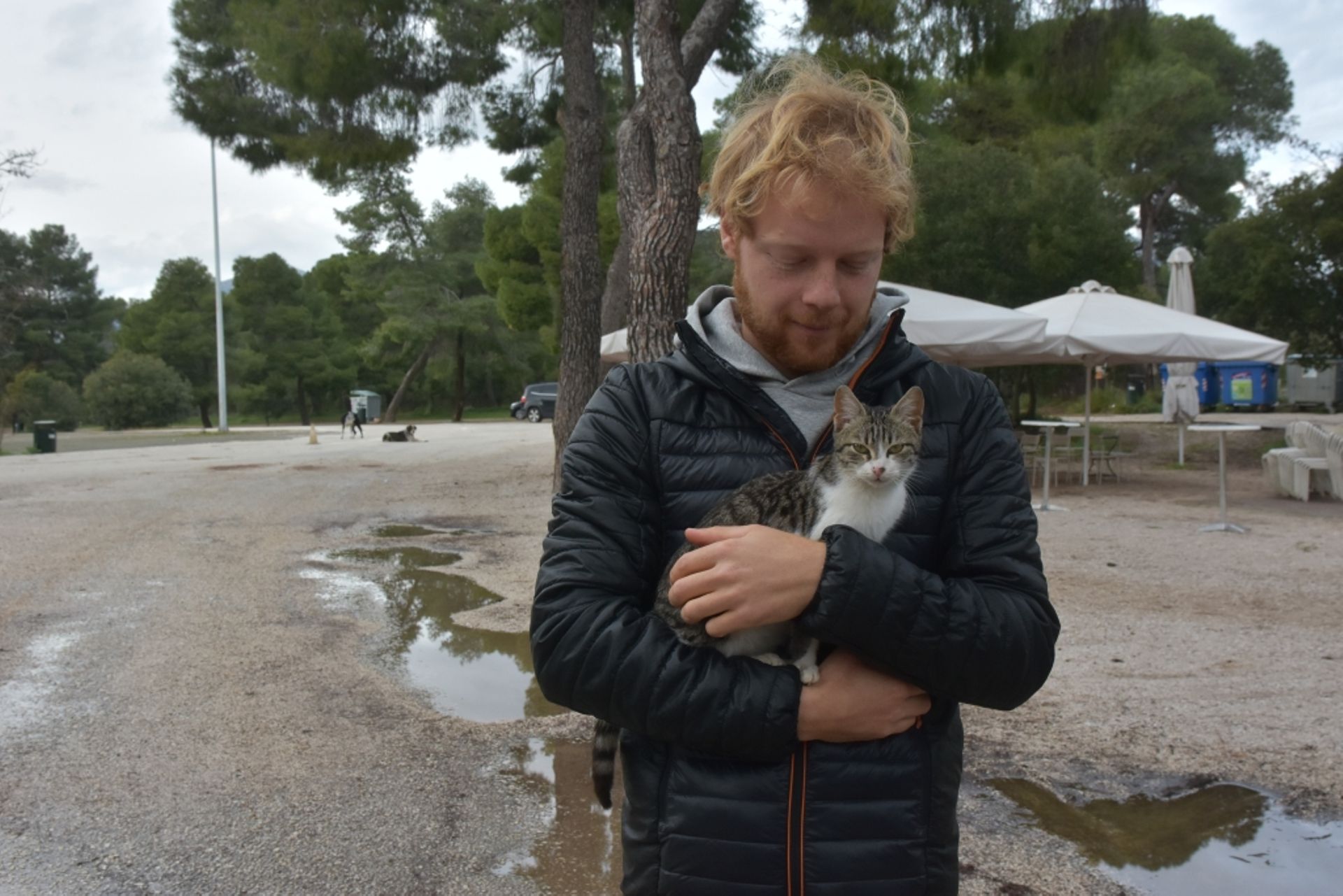
Other than that, we continue to pick and eat as many oranges and lemons as we can get and drink lots of tea because we can see our breath in bed at night. In fact, the cool temperatures and the heavy rain of the past days have taken their toll, and now we both have a cold. This is doubly annoying because our goal was not to get sick during our entire trip, and now we have failed so close to the end.
But we are confident that the short Greek "winter" is almost over now and we will see the sun more often again. The next few days we will finally spend in Athens - so get ready for another blog post full of poorly researched historical half-truths and our little everyday adventures.
Until then, Wikipedia on!
Nyorera kune Newsletter
Pindura
